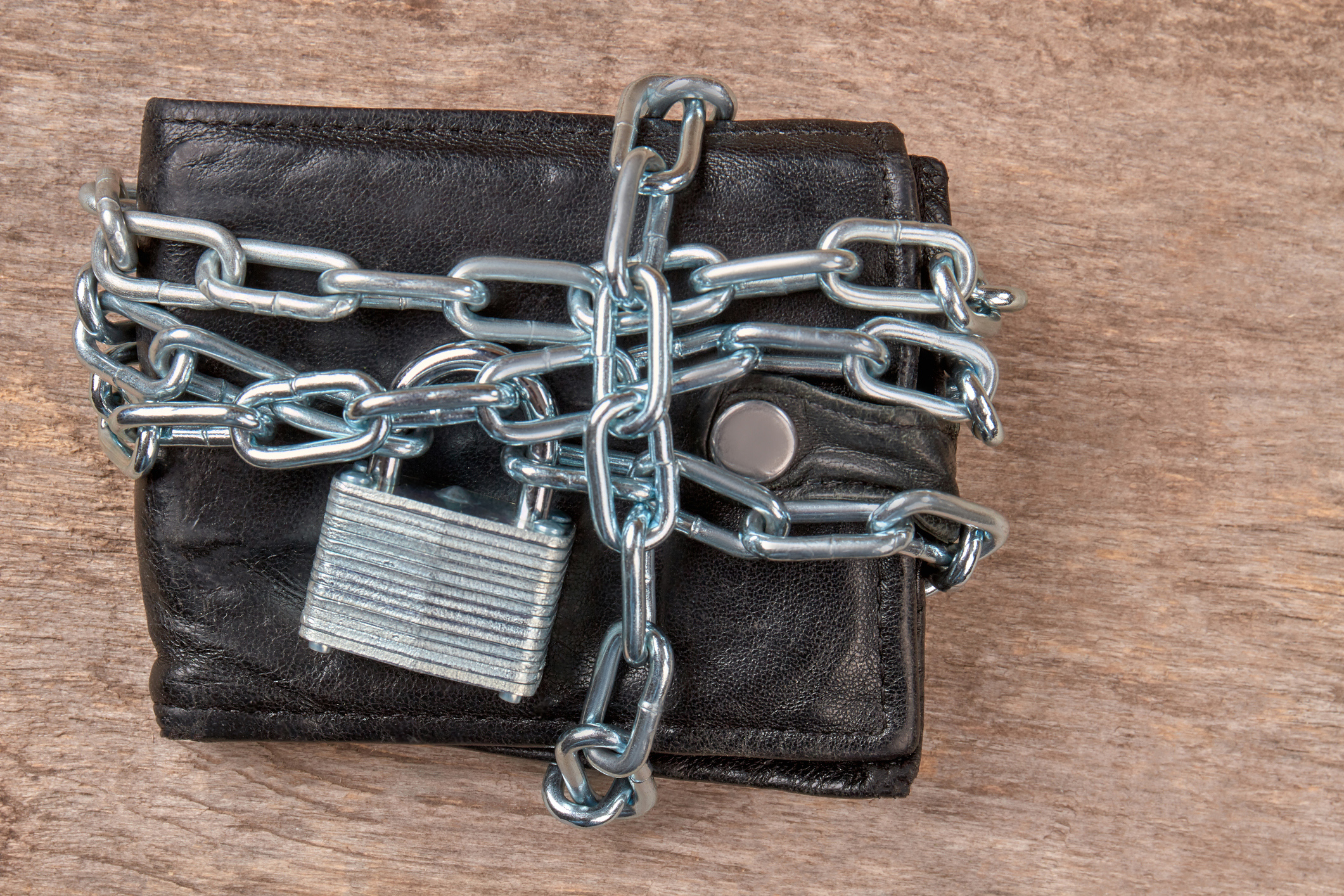January is a month of fresh starts and clearing out the clutter from closets, basements or garages is just the beginning of preparing for a more organized and less stressful year. When winter weather keeps older adults indoors more, it’s a perfect opportunity to clear out the fridge, the medicine cabinet or the bathroom cupboards. But don’t neglect your pocketbook or wallet; carrying too much information can leave you open to identity theft and fraud.
According to a recent AARP Scams and Fraud report, if your wallet or purse is lost or stolen, having too much information can lead criminals to your identity and open the door for theft. Top on the list of what not to carry with you daily is your Social Security or Social Insurance card or numbers (or that of a child or other loved one). The numbers, along with other personal information can be used to open lines of credit, access retirement benefits or create an artificial identity. Alert authorities immediately if you suspect your SS numbers are being used by someone else.
Carrying a birth certificate or passport can be used to issue a false driver’s license or a replacement passport or Social Security card because they serve as proof of identity, age and citizenship. These valuable documents should be kept locked in a safe at home for your protection.
Scammers can also use your health insurance identification cards to access your account numbers, medical records and issue fraudulent bills to your insurer. Once your doctor has your insurance information on record, there is no need to carry this information with you on a regular basis. Hospital or health care staff can always call the insurance provider to verify information in an emergency.
Although fewer people are writing checks these days, older adults may still be in the habit of keeping a checkbook or a few blank checks with them in their purse or wallet. If checks get into the wrong hands, they not only carry your bank account and routing numbers and can give criminals access to your money, but you will likely have to close your account when a blank check is lost.
It can be hard to remember the usernames and passwords for all the online accounts we create but keeping a written record of these passwords can give scammers access to everything from bank and credit card accounts to social media and email. A password manager, which can be accessed through an app or website, can help keep all your login information safe.
One final item you don’t want to carry around when not in use is a work identification badge that can hold individual information about each employee. Always report all lost items if your wallet or pocketbook is misplaced or stolen. Learn more about what not to carry in your wallet by following this link to Discover Bank.






Add Your Voice
0 Comments
Join the Discussion